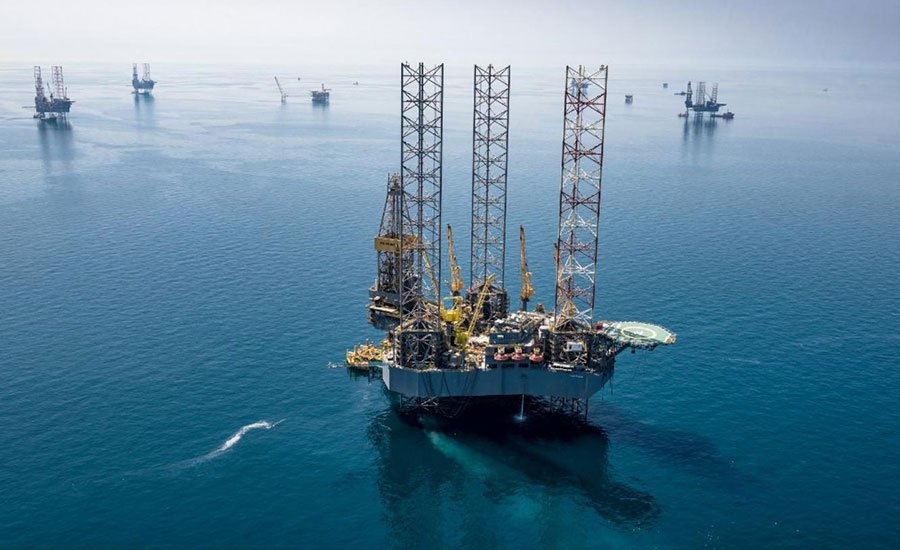Key Considerations for Choosing an Oil and Gas Translation Provider
The oil and gas industry operates on a global scale, requiring precise and effective communication across different languages and cultures. Accurate translations of technical documents, safety protocols, legal contracts, and more are essential to ensure smooth operations and compliance with international standards. When it comes to choosing an oil and gas translation provider, there are several key factors to consider to ensure you select the best partner for your needs.
500
+Industry Expertise
120
+Running Project
60
+Countries Delivery
1350
+Project Completed

Expertise in the Oil and Gas Industry
One of the most important considerations when choosing an oil and gas translation provider is their expertise in the industry. The provider should have a deep understanding of the specific terminology, processes, and regulations unique to the oil and gas sector. This expertise ensures that the translations are accurate and reliable.

Technical Knowledge
A top-notch translation provider should employ translators with technical backgrounds in fields such as engineering, geology, and environmental science. This technical knowledge is crucial for accurately translating complex documents.
Familiarity with Industry Standards
The provider should be well-versed in industry standards and guidelines, ensuring that all translations meet regulatory requirements and adhere to best practices.

Quality Assurance Processes
When choosing an oil and gas translation provider, it’s essential to assess their quality assurance processes. High-quality translations require rigorous review and validation to ensure accuracy and consistency.


Multi-Step Review
Look for a provider that implements a multi-step review process, involving subject matter experts, linguists, and native speakers. This approach helps catch errors and ensure that the translation is both technically accurate and culturally appropriate.

Use of Technology
Providers that utilize advanced translation technologies, such as Computer-Assisted Translation (CAT) tools and Translation Memory (TM) systems, can offer higher accuracy and efficiency. These tools help maintain consistency and speed up the translation process.
GET OIL AND GAS TRANSLATION NOW

Cultural Sensitivity
Cultural sensitivity is another crucial factor when choosing an oil and gas translation provider. Understanding cultural nuances can significantly impact the effectiveness of translated materials, particularly in safety protocols and community engagement documents.
Track Record and Reputation
The track record and reputation of a provider are strong indicators of their reliability and quality. When choosing an oil and gas translation provider, look for one with a proven history of successful projects and satisfied clients.


Client Testimonials
Client testimonials and case studies provide insight into the provider’s capabilities and performance. Positive feedback from other companies in the oil and gas industry is a good sign of a provider’s reliability.
Flexibility and Scalability
The oil and gas industry is dynamic, with fluctuating project demands. When choosing an oil and gas translation provider, consider their ability to scale services and adapt to changing needs.

Conclusion
Choosing an oil and gas translation provider is a critical decision that can impact the success of your international operations. By considering factors such as industry expertise, quality assurance processes, cultural sensitivity, reputation, project management capabilities, flexibility, and cost-effectiveness, you can select a provider that meets your needs and helps ensure smooth, efficient, and compliant operations in the global oil and gas market. At Oil and Gas Translation, we specialize in delivering high-quality, accurate translations tailored to the unique requirements of the oil and gas industry. Contact us today to learn how we can support your global communication needs.
ABOUT US
Oil and Gas Translation is a preferred language services provider used by organisations around the globe. Specialising in 30 languages and having native, experienced in-house linguists, Oil and Gas Translation is able to deliver unrivalled high quality language solutions. Our unique approach to our language services alongside our commitment of a dedicated account manager for each client, means we are able to deliver quality results within deadlines and exceeding expectations. With our experience and quality standards procedures we are able to deliver the highest of quality of language solutions for our clients.
CONTACT US
Office 10, Unit 1-3 Redburn Estate. Woodall Road EN3 4LF, UK
0208 609 4852
adam@oilandgastranslation.com
Copyright © maxmid all right reserved.





